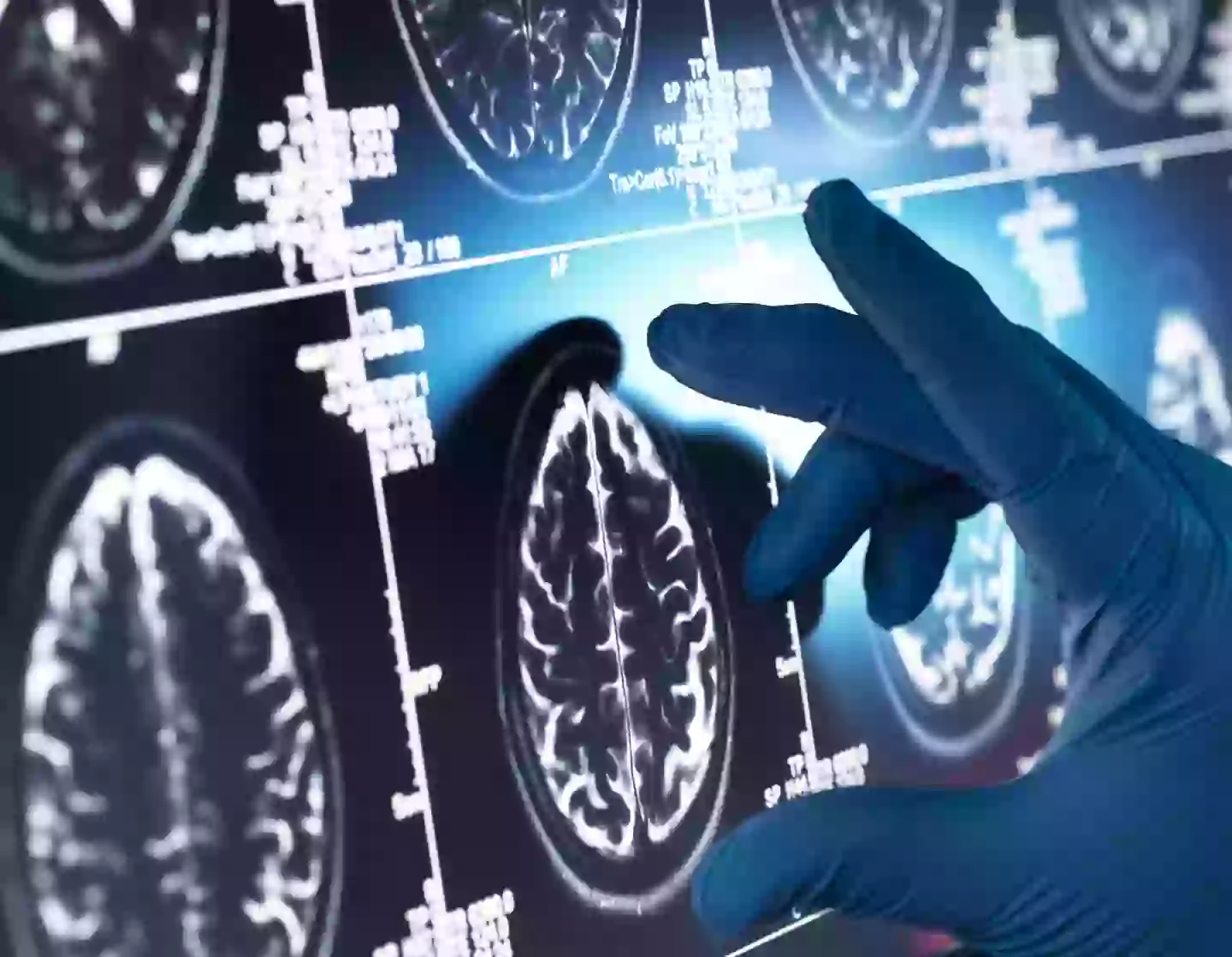Following British TV presenter Fiona Phillips’ revelation of her early Alzheimer’s symptoms, UCLA scientists have discovered four key pathways that commonly lead to the disease. Alzheimer’s is a progressive brain disorder that affects memory, thinking, and daily functioning, with early-onset cases diagnosed before age 65.
Fiona shared that her first symptoms were brain fog, anxiety, and mood swings, which she initially thought were related to menopause.

The UCLA study, featured in eBioMedicine, examined data from nearly 25,000 patients and identified four main pathways:
Mental health issues like depression, especially when diagnosed in middle age, increase dementia risk.
Encephalopathy, or progressive brain dysfunction caused by genetics, illness, or injury.
Mild cognitive impairment, involving memory and thinking difficulties that worsen over time.

Vascular diseases such as high blood pressure, which damage brain blood vessels and impair cognition.
These pathways often occur in a sequence, for example, vascular problems leading to depression, which then raises Alzheimer’s risk. Dr. Timothy Chang noted that understanding these patterns can help doctors diagnose Alzheimer’s sooner and more accurately.


